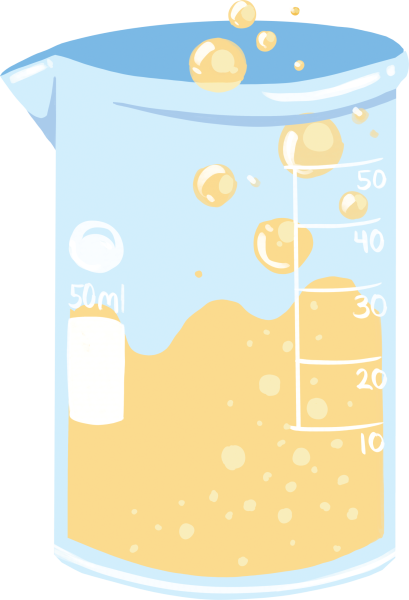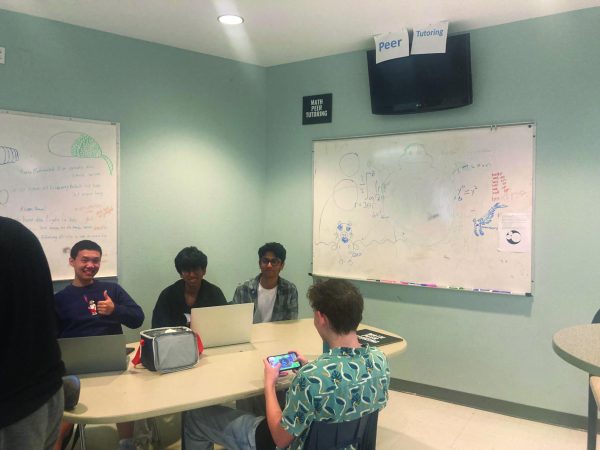IN-DEPTH: The Vaccine: Teachers and Students on COVID-19 Immunization and Hopes for Future
April 14, 2021
Kariko + Weissman Paper
Hungarian scientist Katalin Karikó began working on the foundations of mRNA vaccines in the 1970s. Even after repeated rejections of her requests for funding, being fired from her position at Temple University, a demotion from the University of Pennsylvania and a cancer diagnosis, Karikó persisted in her research. In 1997, she teamed up with a colleague named Drew Weissman, and the two continued working on a solution to the fatal inflammatory response exhibited by animals injected with synthetic mRNA. Just eight years later, in 2005, they had a breakthrough and published a paper outlining the solution to mitigating the response, making it so that mRNA technology could be safely used in animals.
Discovery of COVID-19
COVID-19 was first discovered in Wuhan, China, sometime in December of 2019. However, the exact origins of the virus are still murky. A report released by the World Health Organization (WHO) stated that the virus originated in bats, but exactly how it transferred to humans is unknown. According to the Centers for Disease Control, the virus is more infectious than the flu and spreads through contact with respiratory droplets in the air or on surfaces. On March 11, 2020, just a few months after its discovery in December, COVID-19 was declared a pandemic by the WHO.
Pfizer/BioNTech Vaccine Given EUA
The Food and Drug Administration (FDA) issued an Emergency Use Authorization (EUA) for the COVID-19 vaccine produced by Pfizer-BioNTech on Dec. 11, 2020. The EUA allowed for the vaccine to be used in people who were 16 years of age or older. Prior to the EUA, the vaccine went through rigorous clinical trials with tens of thousands of patients that tested for efficacy and safety. EUAs are only used during emergencies, such as the COVID-19 pandemic, and only if the FDA has determined that the benefits outweigh the risks.
Vaccines for All Americans
President Joe Biden has promised that all adults will be eligible for the vaccine by May 1, and the White House also promised that Americans will start getting back to some form of normality around July 4. The Biden administration plans to accomplish this by increasing the number of vaccination sites, increasing the number of people who can administer the vaccine, making it easier to find a vaccine and providing guidance for those who have been vaccinated on what activities are safe. Biden also gave information about his plan for reopening schools, which included making sure educators were vaccinated and giving adequate resources to schools.










